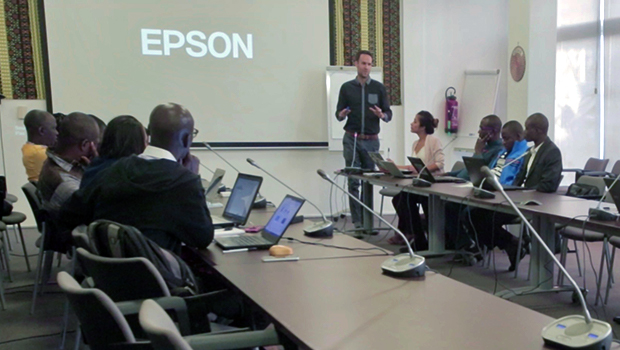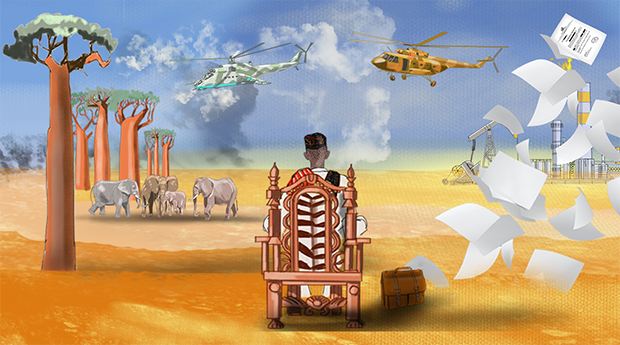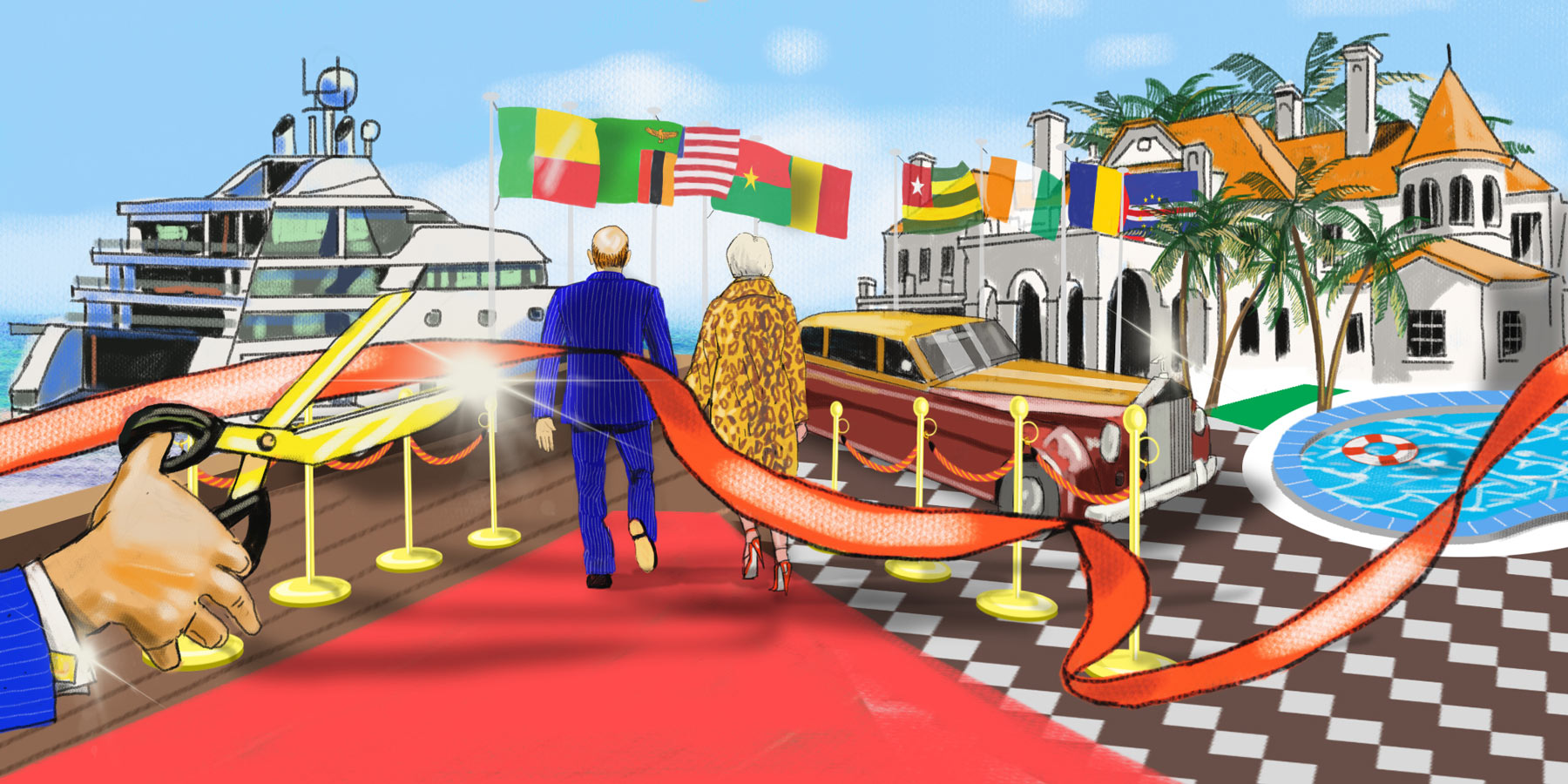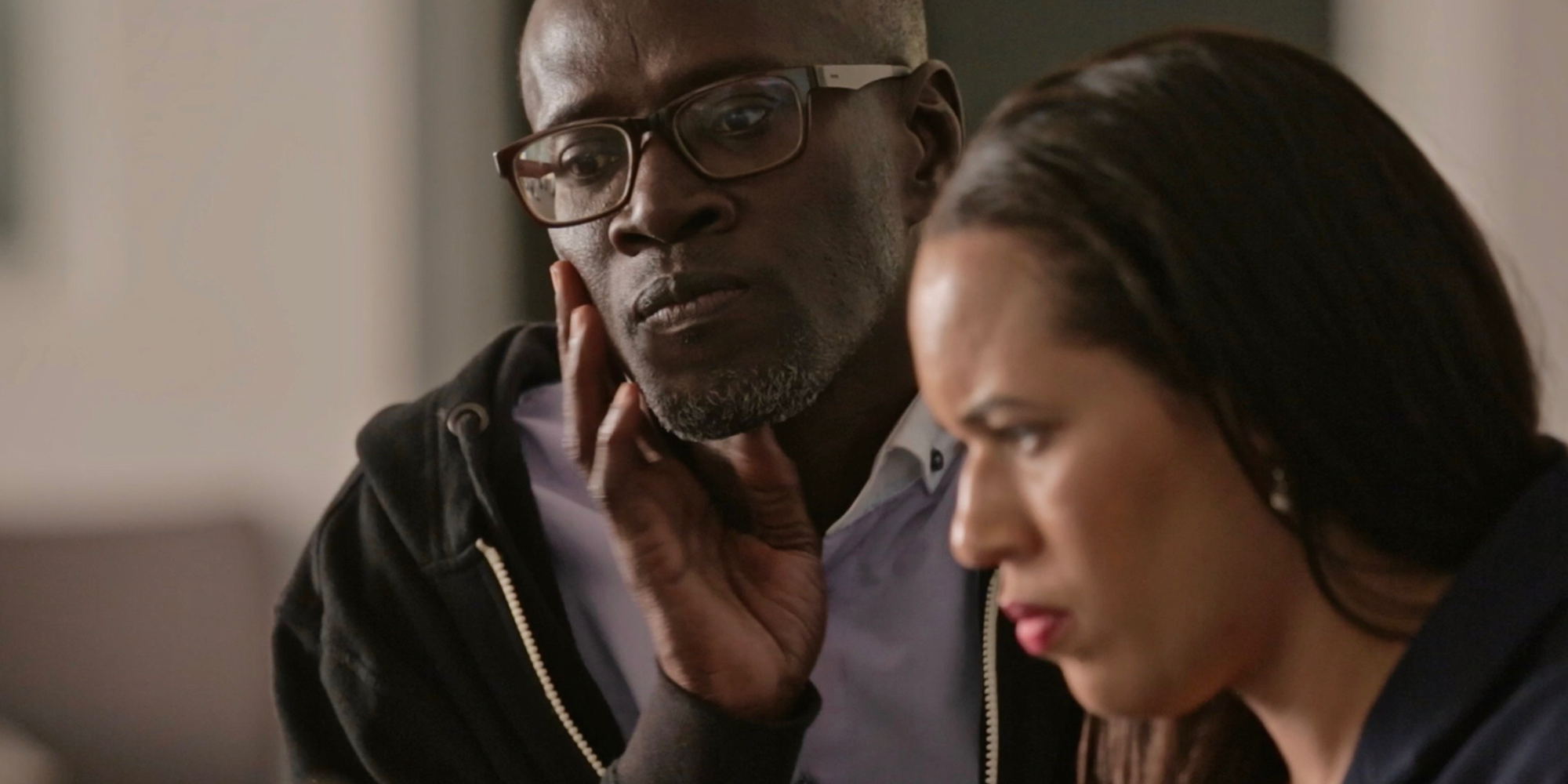Each week the International Consortium of Investigative Journalists delivers investigative stories, stories of impact and stories about our network to our readers’ inbox. Want to be in the know? Sign up now.
I’m Will Fitzgibbon, ICIJ’s Africa partnership coordinator, and I’m excited to tell you that we are publishing West Africa Leaks today.
West Africa Leaks explores the impact of offshore secrecy in the 15 countries that make up Africa’s westernmost region, where reporters work in English, French and Portuguese and dozens of local languages.
Why focus on this collection of nations? For one, its 367 million people are some of the most disadvantaged in the world, and its position as the tax-avoidance center of Africa means those people are being hit harder still. Experts tell me Africa loses more money to offshore secrecy than it receives in development aid.
The ICIJ team and I have have spent the past six months working in secret with journalists from 11 West African countries, several of which we’ve never worked in before. ICIJ has been thrilled to partner with them and views this expansion of our network of trusted journalists as vital to the global conversation about tax and the abuse of power.
“I think this experience is unprecedented,” journalist Noël Konan from the newspaper L’Elephant Dechaine in Côte d’Ivoire told me recently.
“I am very proud to have participated in this project which, I hope, will allow Africans to understand the actions of politicians and business leaders who lead our countries.”
To give you an idea of the conditions some of these journalists work in, one reporter who asked not to be named for his safety is in exile, another doesn’t get paid for his investigative journalism and several get by with broken computer screens. (Can you imagine trying to decipher a Swiss banking records with only half a laptop screen to use?) Some have received threatening phone calls during their reporting or come under pressure from corporate executives who appear in the Panama Papers to stop digging – or else have their newspapers’ advertising contracts cancelled.
We pored over 27.5 million files from our recent offshore investigations, including Offshore Leaks, Swiss Leaks, Panama Papers and Paradise Papers, to hold some of West Africa’s most powerful people to account. Speaking French has allowed me to translate documents and work with our partners in their own languages (it has also helped me get some answers from several of the high-profile politicians we are writing about; only one of them hung up on me.)
Today’s stories reveal financial secrets about some of West Africa’s most powerful politicians and business leaders.
It’s the first time these people have come under this kind of scrutiny.
I’m thrilled to expand our collaborative model to new parts of the globe where journalists often work in difficult and dangerous conditions. I believe that by working together we can help reduce threats to press freedom and make sure these important stories can’t be snuffed out.
I hope you enjoy the investigations from West Africa Leaks!
Please write to me directly if you want to know more about the project or about ICIJ’s work with some of Africa’s best investigative journalists.
Will Fitzgibbon
P.S. Working in West Africa doesn’t come cheap. Get in touch if you want to know how you can support ICIJ to foster our ongoing work in Africa.



